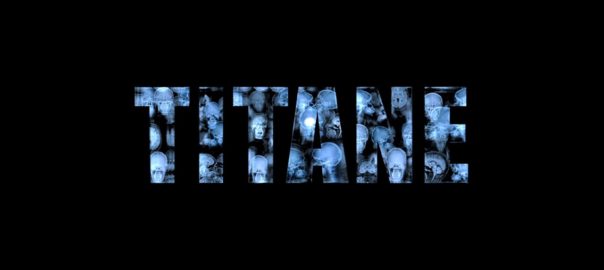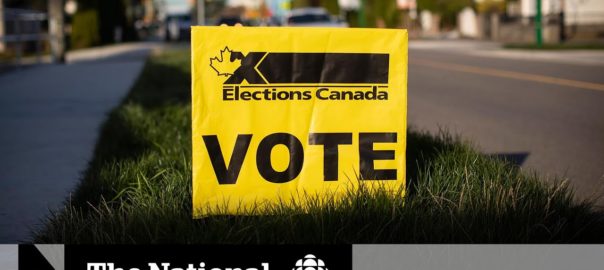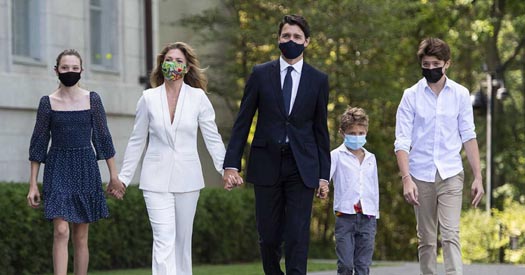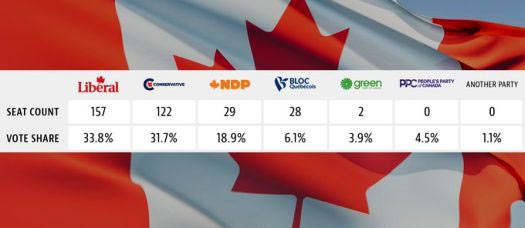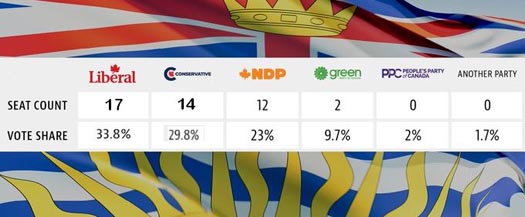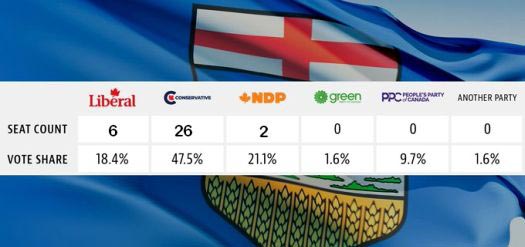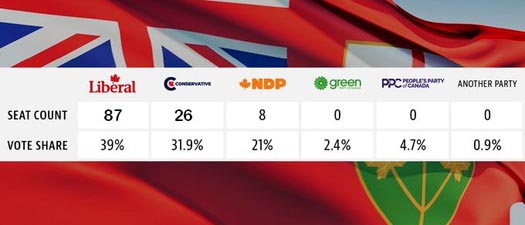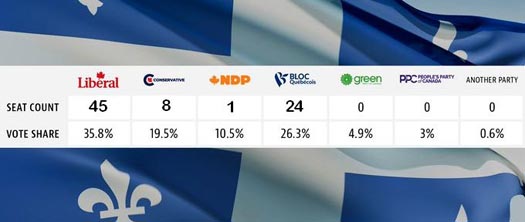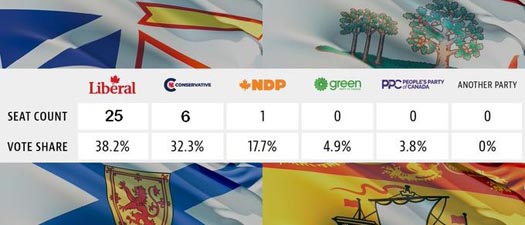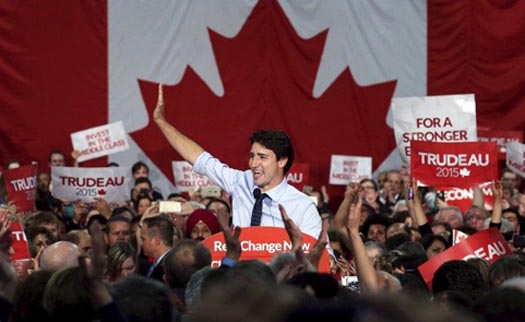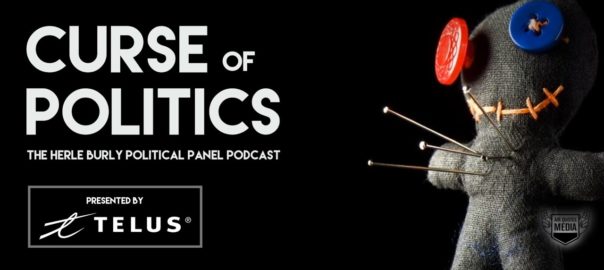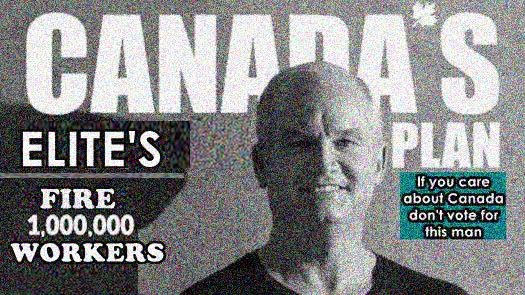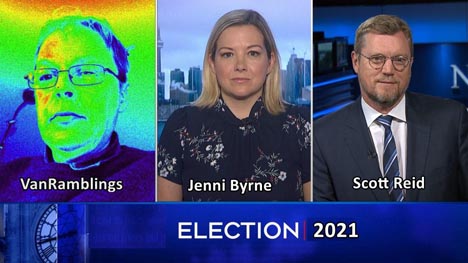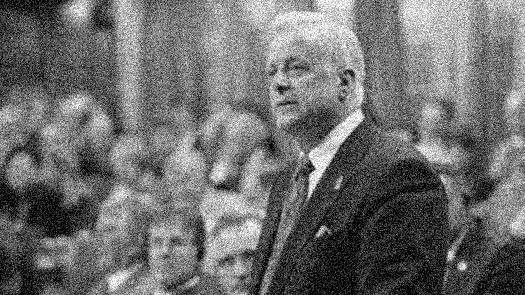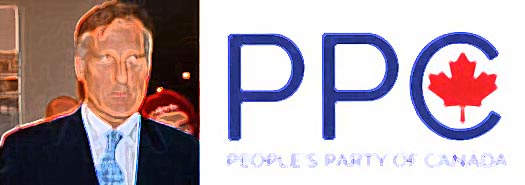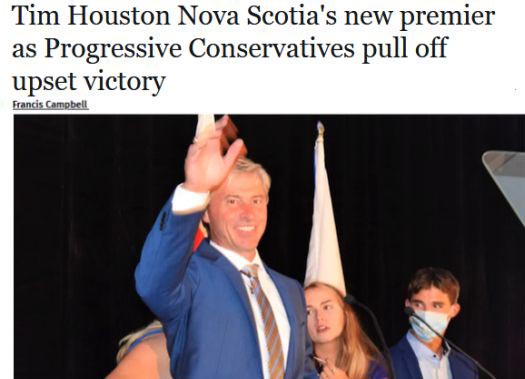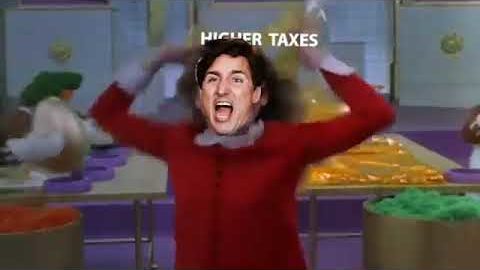
Film festivals are a vital link in the chain of global film culture.
Week in, week out, in pre-pandemic times most of us were bombarded with marketing messages extolling the virtues of mainstream movies.
But the films that make it into film festivals are a whole different kettle of fish than the blowed-em-real good, blockbuster films that make it into our local multiples. In point of fact, a good and vibrant film festival screens films that are as resistant as possible to the commercial pressures of standard mainstream fare. It is through independent films from across the globe, films that are made by independent voices that new ideas are expressed, new genres of film are created, and new, important directors emerge who serve to create a whole new cinematic landscape.
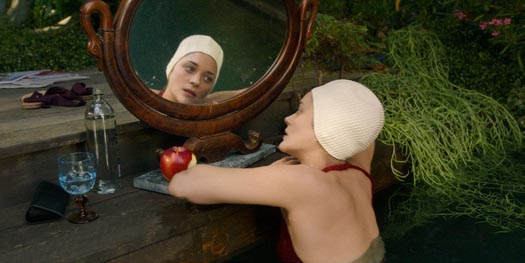
Great film festivals champion these ideals and filmmakers at their core.
Many festivals, including our own homegrown and much celebrated Vancouver International Film Festival, feature engaging panel discussions and masterclasses on aspects of filmmaking, bringing in diverse members of the film industry of interest to both filmmakers and to the general public. Events such as these offer a critical way to promote the filmmakers and their films, as well as to help film festival attendees learn about what goes on behind the mysterious black curtains shrouding the film industry.
A good series of learning events at a festival also strives to create debate about important issues facing not only filmmakers, but humanity in general. VIFF festivals past have engaged in panel and post screening audience discussions on a wide range of general interest topics — everything from climate change, to racial and sexual prejudices and social injustices.
Any community with a successful film festival prides itself on the artistic, cultural and commercial kudos a festival brings.
For local community film festivals like VIFF, it’s not just the red carpet and all the hype surrounding the festival. It’s also the jobs the festival creates, the hospitality provided to visitors, and the buzz around the commercial establishments in the festival area. Not to mention the hotels, snacks and meals of which festival attendees partake.
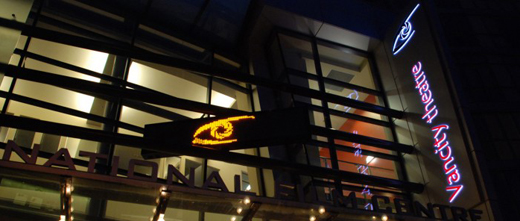
With 20,000 unique attendees in 2019, the Vancouver International Film Festival estimates that the boost to the Vancouver economy to be in excess of $1,500,000, engaging with local businesses to amplify the festival, and bringing business to the Vancouver’s central core.
Film festivals also serve to unite a community.
Festival staff reach out to a wide range of ethnic, gender and other diverse communities to enjoy the films on offer, engage with the filmmakers, as well as celebrate the stories told with the verve and enthusiasm of the filmmakers. Festivals serve to create a sense of community, where local audiences are afforded the opportunity to mingle with visiting filmmakers and share their experiences, and react to the work they have seen.

We live in very troubled times.
Polarization is a trend best opposed. And what better way to break down prejudices than through cinema. Is it not that most of today’s troubles are caused by misunderstanding of how different people live? Or how they love, work or play in different cultures with different religions?
And what better way to break down this misunderstanding than to take an audience to these different worlds and show how life really is?
“We love cinema at VIFF,” says VIFF associate programmer Alan Franey.
“And we love when an audience comes out from a screening feeling as if they have seen something cutting edge, something culturally informing, or something just plain straight entertaining. VIFF is known for showcasing issues and ideas that cannot be mass-communicated due to local laws and cultural taboos. And that’s why we continue, year after year, to bring the very best of independent cinema to the heart of our province.”
In fact, the 40th annual Vancouver International Film Festival is set to get underway in October, and will run for 11 days from Friday, October 1st thru Thanksgiving Monday, October 11th.
Roughly 110 feature films and 100 shorts will screen in Vancouver venues — with a selection of films also available for online viewing via the VIFF Connect streaming platform — at this year’s festival.
VIFF 2021 will showcase a vibrant programme of films and events, including a kaleidoscopic collection of revelatory Canadian work, visionary East Asian cinema, powerful and provocative documentaries, narrative cinema from some of the world’s leading lights, and elevated genre fare.
Curated short film programmes will allow audiences to discover inventive storytellers, while VIFF Talks aims to take viewers behind the camera. The Totally Indie Day, VIFF AMP, and VIFF Immersed conferences provide extraordinary support for local creative communities.
Every film in the 40th annual Vancouver International Film Festival lineup to be screened in-cinema this year will follow strict COVID-19 health and safety protocols, with seating capacity in the well-ventilated venues reduced to 50%, or a figure mandated by B.C.’s Public Health Officer.
As per usual, in-person VIFF box office will open at the VIFF Centre, located at 1181 Seymour Street just across from Emery Barnes Park, noon to 6pm daily, beginning Thursday, September 16th.
Before VIFF40 kicks off, though, there are four important film festivals which will precede ours.
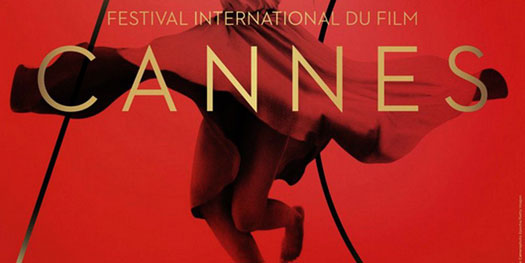
Following on the success of the 73rd annual Cannes Film Festival in July, programmers with the Telluride Film Festival (September 2nd through Labour Day, September 6th) will programme some of Cannes’ best, as will the prestigious Venice Film Festival (September 1st through 11th), many of which films on their programmes will make it to the 40th annual Vancouver International Film Festival programme, as well, in early October.
Titane, Palme d’Or winner at Cannes this year, and rock solid to make it into VIFF40.
Titane, the Palme d’Or winner at Cannes this year is all but certain to screen at all festivals this late summer and early autumn. David Chase’s Sopranos prequel The Many Saints of Newark, Clint Eastwood’s Cry Macho, King Richard with Will Smith, Wes Anderson’s The French Dispatch and Michael Showalter’s The Eyes of Tammy Faye are all festival bound, and certain Academy of Motion Picture Arts & Sciences Oscar contenders.

The Toronto Film Festival (September 9th to 18) is probably the world’s most prestigious film festival, not only celebrating world cinema, but presenting most of the films that will feature in the Oscar race early next year. The 59th and heavily curated New York Film Festival (September 24th thru October 10th) always shares half of their programme lineup with Vancouver’s homegrown film festival — something to anticipate in 2021.
Jessica Chastain, the odds on favourite for Best Actress, for The Eyes of Tammy Faye.
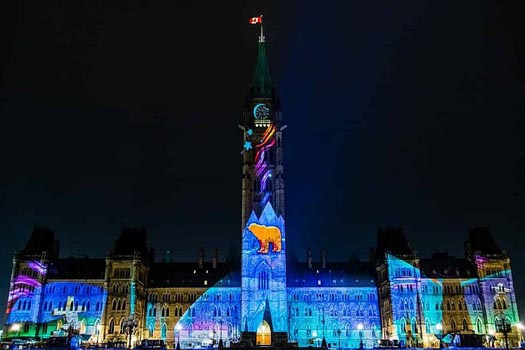
Even though VanRamblings is taking a three-day break from coverage of the exceedingly dull, verging on enervating 40th Canadian federal election, as they become available, we’ll still provide you with the latest edition of David Herle, Scott Reid and Jenni Byrne’s Curse of Politics podcast.
The David Herle, Scott Reid & Jenni Byrne Curse of Politics podcast for August 20, 2021
